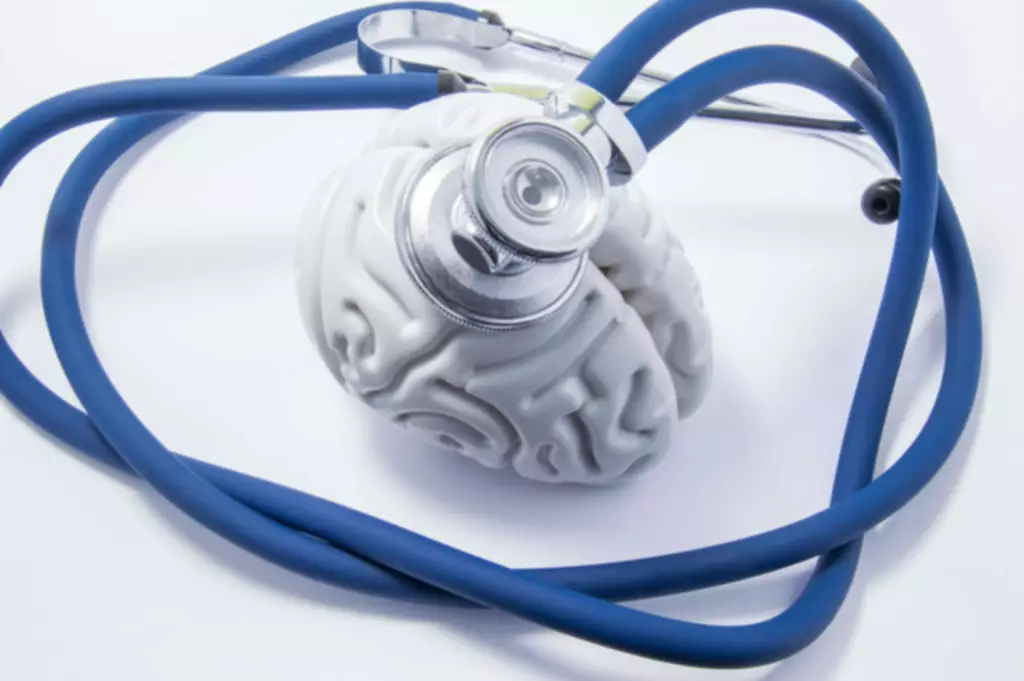Content
Once you’re in the throes of morning sickness, you won’t want to be in the same room as a strong drink. Looking at it as nature’s way to keep your baby safe is an interesting new take on this otherwise very unpleasant symptom. It is important to remember that the placenta does not develop until the end of your first month. This is one of the main reasons why you are technically pregnant for closer to 10 months when counting in terms of four-week increments. Receiving treatment as soon as possible in childhood can help decrease the likelihood of developing these secondary effects in life. Parental training is meant to help parents to help families cope with behavioral, educational and social challenges.
But this study only looked at short-term outcomes (not long-term effects that might not show up until childhood) and not fetal alcohol syndrome disorders (FASDs). In the first two weeks following fertilization, excessive alcohol consumption does not generally have a negative effect on the zygote and emerging blastocyst (pre-embryo). Maternal consumption of alcohol during this time can prevent proper implantation of the blastocyst in the uterus, resulting in an increased rate of resorption or early termination of the pregnancy, generally before a woman realizes she is pregnant.
IBD and LGBTQ+: How it can affect sexual health
Having less than one alcoholic drink a week during pregnancy is enough to change the fetal brain in ways that can lead to problems once a child is born, like language deficits, new research suggests. When you start trying to conceive is the best time to stop drinking, but many women don’t realize that they’re pregnant right away. During those first few weeks, some may unwittingly indulge in a few drinks (or more). In fact, it’s one of the most common concerns brought to the first prenatal visit. Drinking even small amounts of alcohol during pregnancy can change a baby’s brain structure and delay its brain development, according to a new study. Children born with this syndrome experience the symptoms throughout their entire lives.
- If you were consuming alcohol in the weeks before you learned that you were pregnant, you might be worried about the possible consequences.
- If you are pregnant or trying to get pregnant and cannot stop drinking, get help!
- FASDs and other alcohol-related health conditions happen when you drink during pregnancy.
- Research carried out over the last decade all points to the same conclusion that the CDC reports – alcohol is never safe during any stage of pregnancy.
- However, binge drinking during the brain growth spurt (during the second and third trimester) can still have a drastic impact on the developing fetus.
For those unwilling to do that or those with an unplanned pregnancy, stopping drinking as soon as a pregnancy test is positive may improve the likelihood of successful outcomes. While it is good to know that women did not use alcohol to deal with the stress of pandemic, the number of people consuming alcohol during pregnancy is concerning. And, with the national uptick in drinking, patients may have more questions about alcohol use and overuse before, during, and after pregnancy. Although it seems unlikely that the trace amount of alcohol in an occasional glass of nonalcoholic or alcohol-free beer is harmful to your baby, the possibility is something to be aware of – especially if you drink these beverages often or in large amounts. To eliminate all risk of alcohol exposure, experts recommend that expectant moms avoid these drinks altogether. You may have heard that light drinking while pregnant – say, just a glass of wine with dinner – is fine.
The Development of the Placenta
One research study has shown that after 1-2 glasses of wine, fetal breathing is almost completely suppressed, which can be a sign of fetal distress. Children who are suspected of FASDs must be carefully evaluated by a pediatrician, child and adolescent psychiatrist or other medical or mental health clinician. Fetal alcohol exposure is often missed as the cause of the problems in a child’s behavior.
Two studies from 2021 support the idea that alcohol consumption during pregnancy isn’t a good idea – both for the overall outcome of the pregnancy and for fetal neurodevelopment. The team says the alcohol-exposed mice offspring showed symptoms similar to fetal alcohol syndrome (FAS) in humans – a condition that is currently difficult to diagnose. These included reduced growth rate, structural changes to the face and skull and hyperactivity. To reach their findings, the team fed alcohol to a group of pregnant mice during the first 8 days of gestation – the equivalent to 3-4 weeks of gestation in humans – and analyzed its effects on the epigenome of offspring. Past animal studies have suggested that alcohol consumption may influence gene expression in the embryo during early pregnancy by making changes to the epigenome, which regulates gene function.
How Much Alcohol is Dangerous
There is no known safe limit when it comes to alcohol consumption during pregnancy (or whether that limit would be different in different women). Alcohol enters both your bloodstream and your baby’s bloodstream at the same concentration, where it can interfere with the development of critical organs, structures and systems. As soon as you found out you were pregnant, one of the first things you may have wondered is whether you need to change your drink order. Especially if you’ve heard of moms who drank a glass of wine here and there (or even nightly) during pregnancy and delivered perfectly healthy babies.
- Next, continue reading to learn what the side effects can be — and most importantly, what you can do to ensure good health for you and your baby moving forward.
- “Abstaining from alcohol around conception or during pregnancy has long been advised for many reasons, including preventing fetal alcohol syndrome.
- When someone has fetal alcohol syndrome, they’re at the most severe end of what are known as fetal alcohol spectrum disorders (FASDs).
- While not drinking is the safest option, these data show that many women of childbearing age do not abstain from alcohol simply because there is a chance they could become pregnant.
- The best advice is to avoid any alcohol use when you start trying to get pregnant.
In this study, one in five women reported a binge episode in the time period before pregnancy awareness, a third of whom would not have been identified without the special occasion question. We did not observe a dose-response relationship between alcohol exposure and risk. While many biological relationships operate on a dose-dependent gradient, timing of alcohol use may drive spontaneous abortion risk with a threshold effect observed at low levels of exposure. Since alcohol use during pregnancy is stigmatized, information about amount consumed may be more vulnerable to reporting biases than responses about mere presence or absence of exposure. Additionally, misconceptions about size and alcohol content of a standard drink may lead to error in earnest reporting. Participants in Right from the Start, a community-based prospective pregnancy cohort, were recruited from eight metropolitan areas in the United States (2000–2012).
Public health recommendations
Participants who did not use alcohol during pregnancy were counted as unexposed for all weeks and participants who did not change consumption or who only altered amount were considered exposed for all weeks. Participants who stopped using alcohol during the first trimester were classified as exposed in weeks prior to reported change and unexposed thereafter. Participants were included in week-specific models if they had not yet had a loss or been censored by the beginning of the week. Binge drinking during the first trimester (at is it safe to drink alcohol while pregnant a time when many women do not know they are pregnant and when the fetal brain is beginning to develop) can have a dramatic impact on fetal development. For example, mothers who drink more than 5 drinks in a single day before finding out they are pregnant have an increased risk that their child will be 1-3 months behind their peers in reading and math at the end of 1st grade. However, binge drinking during the brain growth spurt (during the second and third trimester) can still have a drastic impact on the developing fetus.

Drinking patterns are described in the context of predictive maternal characteristics. The eighth week after fertilization is the end of the embryonic stage and the beginning of the fetal stage of pregnancy. Prenatal alcohol exposure still has the potential to negatively impact normal development, but as the majority of organ systems have been determined by this point in time, organ-specific birth defects are not normally expected. The developing central nervous system remains vulnerable to the prenatal exposure of alcohol, particularly in the formation of the cerebellum, and the fetus remains vulnerable in terms of prenatal growth restrictions. Impact of alcohol use rises through the ninth week of pregnancy, and risk accrues regardless of whether a woman reported having fewer than one drink or more than four drinks each week. Risk is also independent of the type of alcohol consumed and whether the woman had episodes of binge drinking.
Drinking alcohol during pregnancy
Interestingly enough, your body has a natural defense mechanism in place to keep you from ingesting alcohol and other toxins once they can actually start affecting your baby. It’s called morning sickness, and for many, it happens more than just in the morning. “Once the first missed period occurs, nausea sets in to encourage https://ecosoberhouse.com/ women to avoid potential toxins, such as alcohol,” says Manglani. Binge drinking is defined as consuming enough spirits to bring your blood alcohol level to 0.08%, or having about four or more drinks in about two hours, according to the CDC. Pregnancy is calculated in weeks, starting on the first day of your last period.

From this point through the third trimester, the cellular progenitor pools, called radial glia, that will give rise to the CNS become vulnerable to the effects of alcohol. The radial glia signals the creation and migration of neurons and their support cells (glia) during development. Damage to this cellular pool can result in morphological abnormalities and an overall reduction in white matter within the brain. Alcohol also impacts the mechanisms and signaling pathways responsible for the creation of those brain cells, impeding cellular proliferation, differentiation, and survival.
